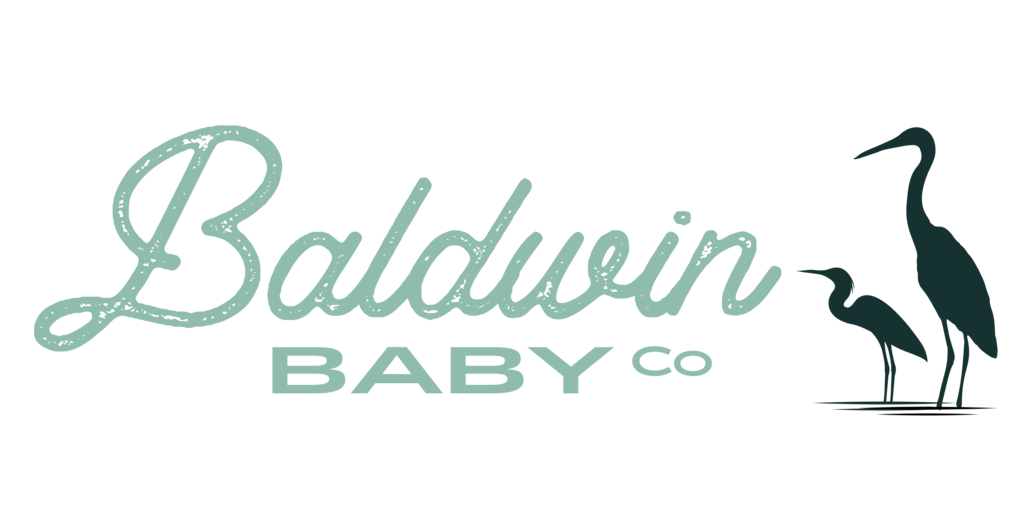Milestones & Development FAQ
Kids don’t grow in a straight line. One child sprints to first words while another races to first steps—and both can be perfectly normal. Milestone charts are helpful benchmarks, not deadlines.
This page highlights what most kids do and when, across movement, language, social-emotional skills, and sensory development. You’ll see common timelines, what steady progress looks like, and the early signs that deserve a pediatrician check-in. The focus is simple: celebrate progress, learn through play, and get support early if something feels off.










